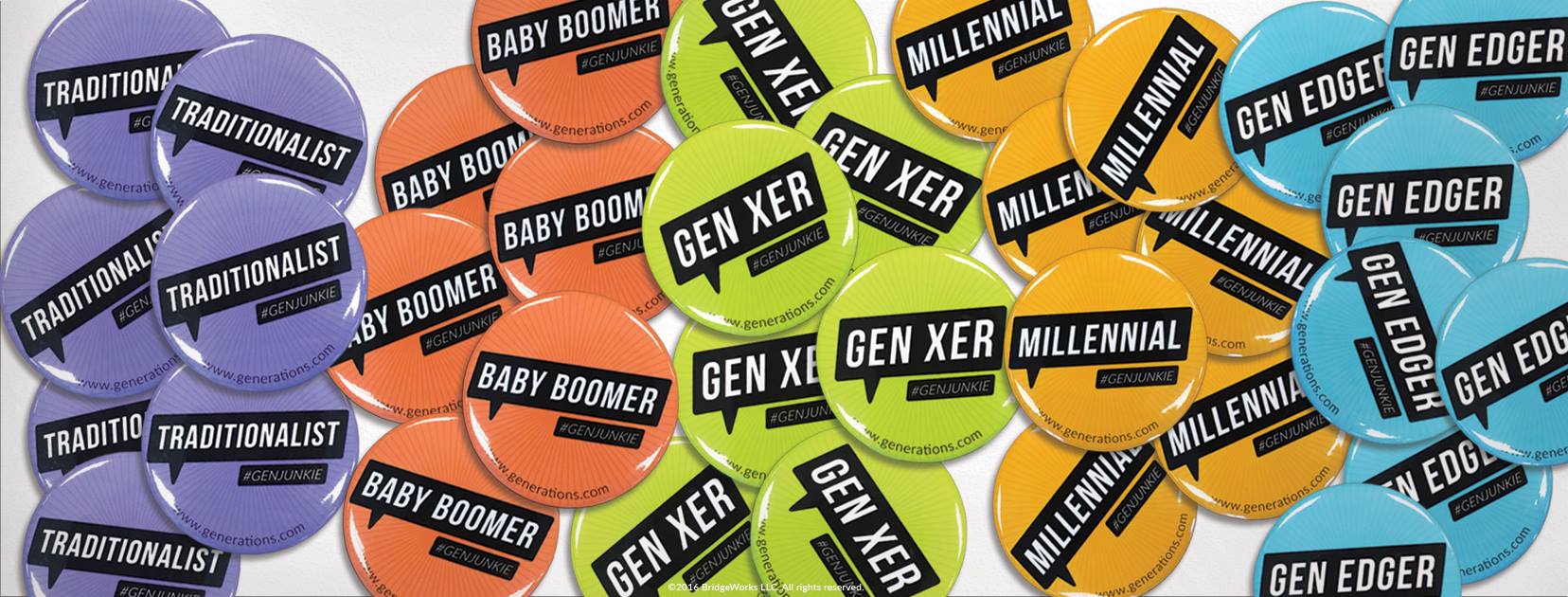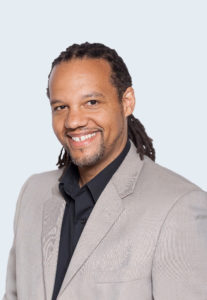
You may be aware already that the Millennial generation is now a major force in the workplace, with many Millennials now occupying leadership positions or about to step into them. However, they’re not the only generation working. In fact, there can be up to four generations all operating toward a common goal. If you’re a business leader, you may often find yourself struggling on how to guide these different personality types.
For young professionals and students, we are offering a Millennial BootCamp during the IAVM Foundation’s UpStart program at VenueConnect. The Millennial BootCamp is taught by Millennial expert Phil Gwoke from BridgeWorks, an organization dedicated to helping people understand each other. Gwoke will also lead a session, “Four Generations, One Goal” for all VenueConnect attendees.
We recently interviewed Gwoke about Millennials and generational communications.
Generational communications is a widely discussed topic online and at conferences. How does your training stand above other training programs?
 Phil Gwoke: BridgeWorks stands out by not only talking about how to effectively bridge generational gaps, but we focus on the “why.” We encounter these generational traits, values, and behaviors every day but don’t stop to understand where they came from. By looking at the events and conditions that shape each generation, we can clearly see how these generational trends emerge. Generational theory is all about sociology, not individual psychology, so we track large swaths of data to tell a story about an entire generation. At BridgeWorks, we are known for dynamic, fun, and savvy workshops and keynotes. We use clips from commercials and TV shows, websites, anecdotes, data from our extensive research, and best practices to make our concepts come alive. We tell the story behind the statistics. Uniquely to BridgeWorks, we take our content far beyond the keynote by offering consulting solutions that serve as a catalyst for large-scale change in recruiting, retaining, and balancing a multigenerational workshop.
Phil Gwoke: BridgeWorks stands out by not only talking about how to effectively bridge generational gaps, but we focus on the “why.” We encounter these generational traits, values, and behaviors every day but don’t stop to understand where they came from. By looking at the events and conditions that shape each generation, we can clearly see how these generational trends emerge. Generational theory is all about sociology, not individual psychology, so we track large swaths of data to tell a story about an entire generation. At BridgeWorks, we are known for dynamic, fun, and savvy workshops and keynotes. We use clips from commercials and TV shows, websites, anecdotes, data from our extensive research, and best practices to make our concepts come alive. We tell the story behind the statistics. Uniquely to BridgeWorks, we take our content far beyond the keynote by offering consulting solutions that serve as a catalyst for large-scale change in recruiting, retaining, and balancing a multigenerational workshop.
What are some of the commonalities among each generation in the workplace and how do you capitalize on those strengths to create a productive and enjoyable work environment?
PG: We all come to work with similar goals, but approach tackling those goals in different ways. Our generational personalities impact how we collaborate, communicate, and take on projects. By generating awareness around these differences, we bring clarity to team dynamics and break down generational stereotypes.
Concerning Millennials, since they’re beginning to be in leadership positions, how should they start adapting their communication skills for one, two, or three generations after them?
PG: Millennial leaders (all leaders for that matter) should take the time to understand the way each generation prefers to receive feedback, rewards, and their expectations around formality and interpersonal relationships. As a leader, being able to adapt and communicate your management style will promote more effective and productive teams.
The Millennials that attend our conferences are high achievers and are often insulted by stereotypes about them. How do you rise above the rhetoric delivered by the media and other generational coaches?
PG: Every generation has had to deal with their fair share of stereotypes. By helping Millennials identify where these stereotypes come from and how they can move beyond them, we can help breakdown those stereotypes. At the same time, it is important for other generations to understand themselves and how they emerged in the workspace. It’s about celebrating and utilizing our differences versus taking the easy and often detrimental route by falling prey to these stereotypes.
There is a lot of talk about the role grit plays in regards to each generation. What has your research found concerning this topic?
PG: We are seeing grit emerge in the newest generation coming on to the scene, Gen Edgers, are now approaching 19 or 20 years old. With Gen Edgers just entering the workforce, we are only beginning to see trends emerge. However, Gen Edgers have shown that they have a high level of tenacity and strive tirelessly to become No. 1. They are a competitive generation, whose Gen X parents have told them time and time again that a participation award is not an award.
Finally, I’ve never heard of the term “Gen Edger.” That’s the same name for “Gen Z,” yes? What is the reason behind one name over the other?
PG: There are many names right now for the generation after Millennials. We like the name Gen Edge because it carries more meaning than just giving it a letter, like Gen Z. That being said, the media will ultimately decide what we call this next generation…but we’re remaining steadfast in pushing for “Gen Edge.” The name Gen Edge comes because this generation is on the edge of everything. They are the most diverse generation yet, being the first group in the U.S. in which Caucasians are no longer the majority. Gen Edgers also have an edge themselves. While all generations have seen their fair share of violence, Gen Edgers have experienced it close to home and much more often than other generations.
UpStart—powered by the IAVM Foundation in partnership with Western Kentucky University—is free for students, young professionals, and faculty and is made possible through the support of IAVM members, venue industry leaders, and other partners that have supported the IAVM Foundation’s Build An Amazing Future campaign. It is US$35 for other VenueConnect attendees. Prior registration is required.
(Image: Facebook)
